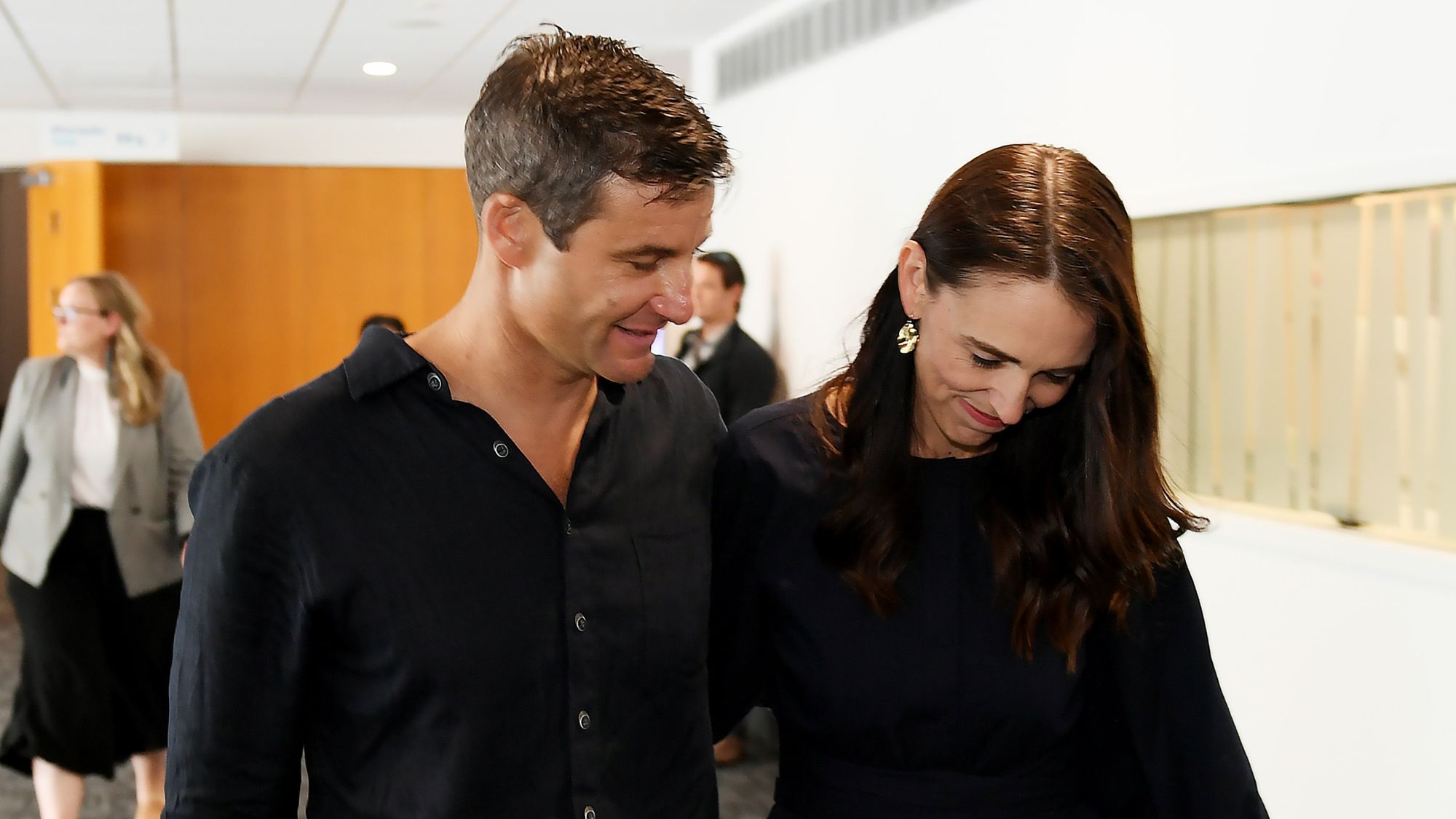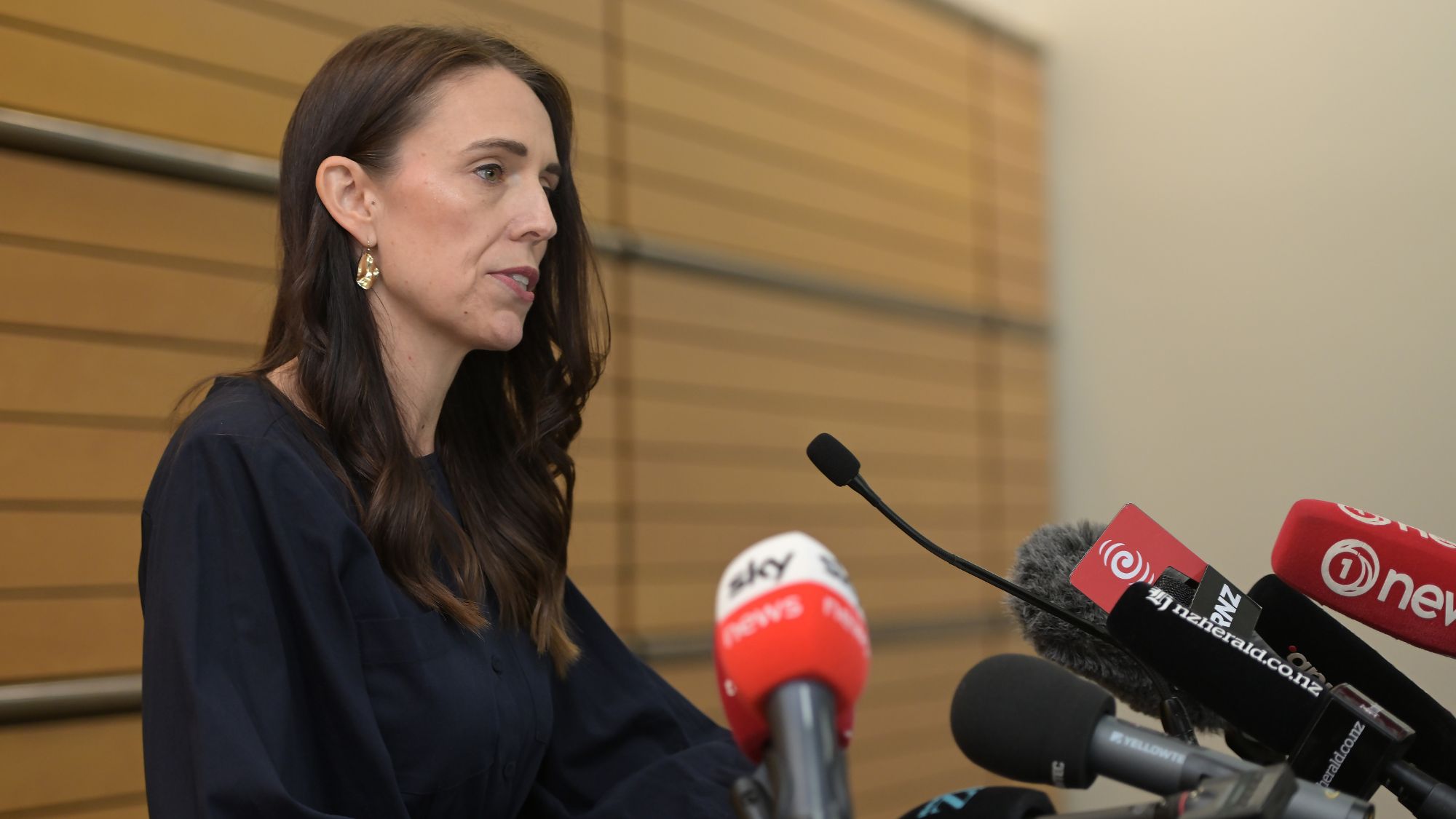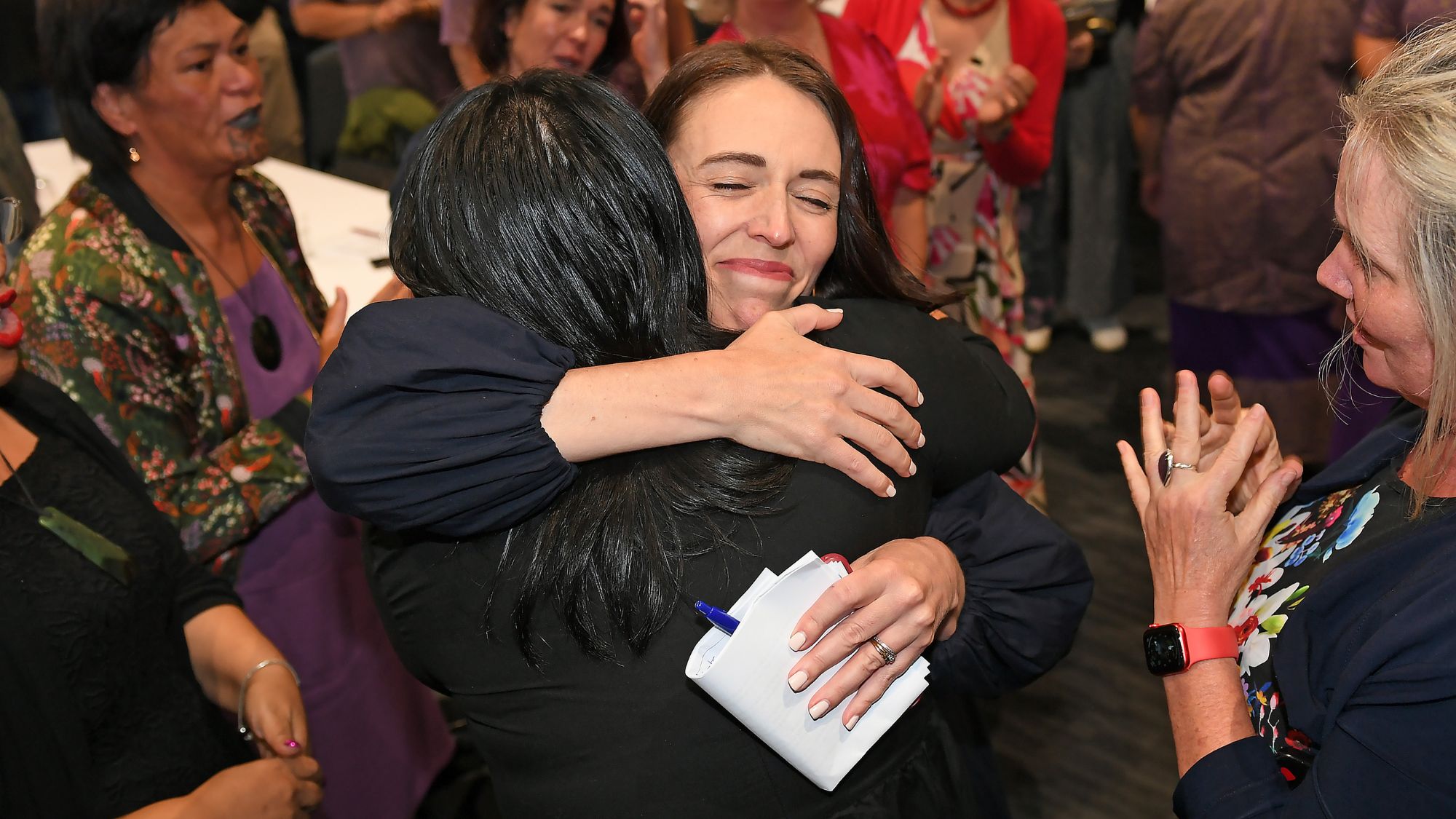Jacinda Ardern's resignation is a sad reminder of the challenges female leaders still face


Celebrity news, beauty, fashion advice, and fascinating features, delivered straight to your inbox!
You are now subscribed
Your newsletter sign-up was successful
Jacinda Ardern announced her resignation as Prime Minister of New Zealand today, telling the world: "I no longer have enough in the tank to do it justice."
The 41-year-old - New Zealand's youngest ever PM, was entering her sixth year in office, and widely praised for her empathetic premiership. In fact, just one year ago, she topped Fortune's list of the greatest world leaders.
The announcement of Ardern's resignation - leaving office in less than three weeks, has subsequently sent shockwaves across the world. But even more than this, it has served as a sad reminder of the challenges that female leaders face - particularly working mothers, opening major conversations around the disproportionate pressures facing women in leadership roles, from childcare to work-life balance.
Jacinda famously took just six weeks of maternity leave after the birth of her daughter Neve in 2018, returning to her duties as Prime Minister almost immediately.

"I believe that leading a country is the most privileged job anyone could ever have, but also one of the more challenging," she announced. "You cannot, and should not do it unless you have a full tank, plus, a bit in reserve for those unexpected challenges.
"This summer, I had hoped to find a way to prepare for not just another year, but another term – because that is what this year requires. I have not been able to do that." She continued: "I know what this job takes, and I know that I no longer have enough in the tank to do it justice. It is that simple."
This is a familiar predicament among women in senior leadership roles, with recent research by 360Learning citing burnout as the main reason behind female resignations. This could be down to many factors, but among them is the struggle for a work-life balance.
Celebrity news, beauty, fashion advice, and fascinating features, delivered straight to your inbox!

"Amongst an agenda focused on housing, child poverty and climate change, we encountered a major biosecurity incursion, a domestic terror event, a major natural disaster, a global pandemic and an economic crisis," Jacinda said of her premiership. "The decisions that had to be made have been continual, and they have been weighty. But I am not leaving because it was hard. Had that been the case I probably would have departed two months into the job.
"The only interesting angle you will find is that after going on six years of some big challenges, that I am human," Jacinda explained in her speech. "Politicians are human. We give all that we can, for as long as we can, and then it’s time. And for me, it’s time.
"I have no plan. No next steps. All I know is that whatever I do, I will try and find ways to keep working for New Zealand and that I am looking forward to spending time with my family again – arguably, they are the ones that have sacrificed the most out of all of us. And so to Neve, mum is looking forward to being there when you start school this year. And to Clarke, let’s finally get married."

"I hope I leave behind a belief that you can be kind, but strong. Empathetic, but decisive. Optimistic, but focused," Jacinda's speech concluded. "That you can be your own kind of leader – one that knows when it’s time to go."
This will undoubtedly be her lasting legacy. But with more female leaders in public life than ever before, we must take more than sadness from Jacinda's resignation.
We must use it as a reminder of the challenges that disproportionately affect women in senior leadership, and the motivation to minimise those barriers, so that the next Jacinda Ardern won't be forced to make the same decision.

Jenny Proudfoot is an award-winning journalist, specialising in lifestyle, culture, entertainment, international development and politics. After working at Marie Claire UK for seven years - rising from intern to Features Editor - she is now a freelance contributor to the News and Features section.
In 2021, Jenny was named as a winner on the PPA's '30 under 30' list, and was also listed as a rising star in journalism.